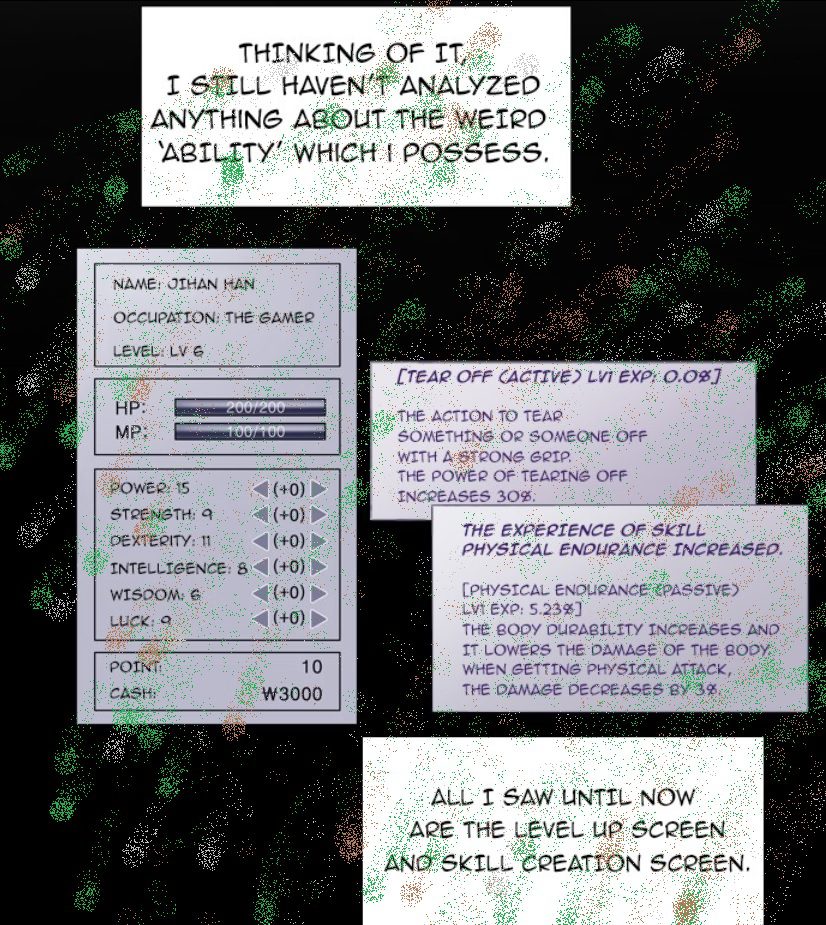The Series
New Heroes of Kairodor
…is the culmination of four years of intensive planning, research and worldbuilding. The series follows Castor, a young man who considers himself too weak to be of any use to his starving village. Desperate to save his people—and prove to himself he’s not as useless as he feels—Castor sneaks out of the village to retrieve seeds from the Glade, not knowing exactly where it is or if it even exists in the first place. This quest sets in motion a series of events that will change not only Castor’s life, but the lives of every Kairodorian forever.
“My passion for worldbuilding was one reason I wanted to write high fantasy (fantasy series that take place entirely in a fictitious world). I take pride in my innovation and I really wanted to create a world from scratch that deviates from long-established, Eurocentric elements (Tolkein, D&D style fantasy). However, the focus of this story is not the world itself. My books are character-focused. I firmly believe that the world is just a medium through which to tell their story.”
That being said, New Heroes does incorporate video game-like (open-world RPG) elements into the world. Their introduction is slow in the first book, but they become more overt in the second. Quests, stats and dungeons will play a huge role in Castor’s journey.
“I write what I love to read. And I love to read about an underdog who earns the power to change the world around them. I want to walk alongside them as they learn a new skill, create their own magic, or even as they work out. I want to be with them every step of the way, share in their success and support them in their failures. I want to feel proud of them.”
These types of stories aren’t very prevalent in western culture, especially in novel form. However, in Asia, fantasy lands with video game systems are incredibly popular. In fact, there is an entire genre of light novels, webcomics, anime and manga called Isekai, or “accidental travel.” The premise of these stories is that someone from the real world is transported into a fantasy land, and they are forced to embrace their new world by becoming stronger (ex. physical conditioning, learning to wield weapons, learning magic) before facing supernatural threats that threaten their new home.
“People are often surprised by this, but I don’t actually like Isekai as a whole. The only series I actually enjoy is That Time I got Reincarnated as a Slime, and that's more of a comedy than anything else. I think what I get stuck on is the “person from the real world gets taken to a fake world” bit. Immersion’s very important to me, and I can’t take a story seriously if the story itself recognizes that the foundation it’s built upon is ridiculous. Still, I’m glad the genre exists. I hadn’t even heard of Isekai until I was years into planning this series, and before that I was afraid my target audience would be too niche. It’s reassuring to know that there’s a high demand for stories like this.”
So, if not Isekai, what is the inspiration for New Heroes?
There are only two real inspirations for this series. The first is a game called the Binding of Isaac, which is a rouge-like dungeon crawler. It’s a single player game, which you beat by defeating enemies and bosses on each floor. My fascination with the game stems from the power-ups a character gains, which are simply called items. Items are randomly generated and completely change the playstyle, so someone could play the game hundreds of times and it would be different each run. Also, the items that players gain can synergize together to create new and unexpected effects.
“I wanted to incorporate my favorite aspects of Isaac into my magic system and worldbuilding. I wanted the dungeons to be fresh and unpredictable. I wanted each character to have different powers, which they would gain incrementally and complement each other in new ways. I wanted a steep learning curve that would force my characters to think creatively and train. I wanted a layer of unpredictability that could act as a crutch or or limitation. And I wanted characters to be able to overcome that unpredictability with skill.”

The second inspiration for New Heroes is a Korean webcomic called The Gamer, created by Sung Sang-Young, which has gained a substantial cult following. The protagonist, Han Jihan, is a normal high schooler concerned only with surviving Korea’s cutthroat education system. However, Jihan is suddenly thrust into the Abyss, a world of magic, when he gains a power called “the gamer.” Now, Jihan lives his life as a video game character in real life, with stats, skills, dungeons, quests and loot. This wouldn’t be considered an Isekai because it’s not about someone who is taken from the real world into a fictional world; he’s still in his own world. It’s low fantasy, not high.
“I learned about The Gamer from other fan-written stories. There is a popular trend that started when the webcomic first began, where fans would take the powers of the gamer and insert them into other popular books. For example, Harry Potter would be rewritten with Harry gaining the power of the gamer while still following the plot of its own series. I thought this was a really interesting premise, so I decided to give the original a shot. What I love about The Gamer is the opportunity for unique characterization and dramatic storytelling. Games are addicting: there's always one more level to get, one last piece of a puzzle, one more stat to raise. When the game becomes real and there are actual threats, the psychology of each character can become a lot more complex.”

To learn more about the world of Kairodor, click on the Enter Kairodor tab.